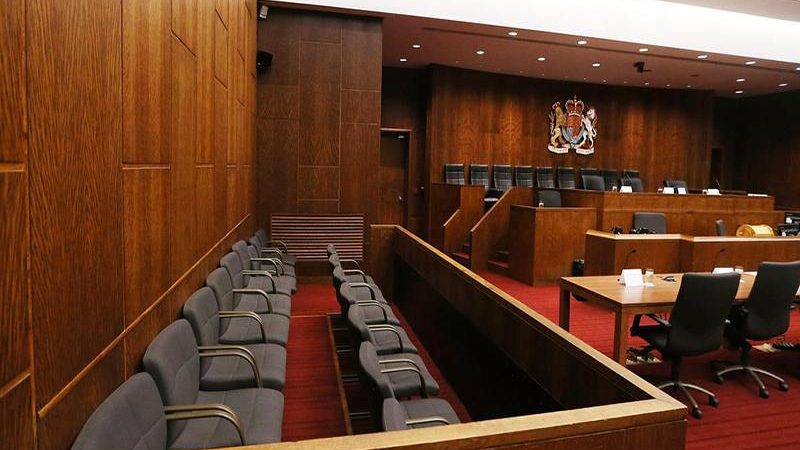How can consulting a top-rated car accident lawyer affect your accident claim’s compensation?
Learn about the influence on the compensation of your choice of counsel Top-rated car accident lawyers share a number of things in common. They have a track record of successful representation of car accident claims; they answer your questions and are responsive to your communications; and they strike an appropriate balance between adequate staff and personal attention. Through these and other ways, a consultation with them can make a difference in the amount of compensation for your injuries. A motor vehicle accident can be an overwhelming experience, and personal injury law is a complex set of rules and procedures. A…
Read More







